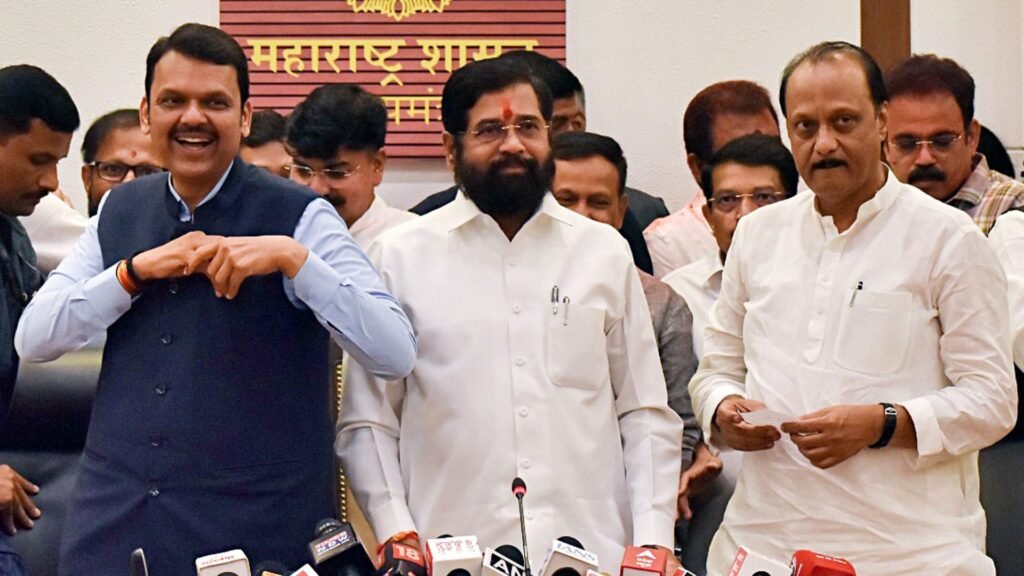
MUMBAI, August 14, 2025 — A political storm has erupted in Maharashtra as several municipal corporations enforced a ban on slaughterhouses and meat shops during Independence Day celebrations. This move, justified by the civic bodies citing an old state government resolution, has faced sharp criticism not only from opposition parties but also from within the ruling BJP coalition, exposing growing tensions among political allies.
Blanket Closure Across Cities
Civic authorities in Nagpur, Nashik, Kalyan-Dombivli, and other districts ordered the closure of all meat shops and abattoirs on August 15, warning shopkeepers of strict legal action if they defied the ban. Officials defended the decision as part of traditional observances on national holidays, aiming to maintain the sanctity of the day.
However, residents and business owners have expressed frustration over suddenly losing access to essential food items. Vendors lament that these closures disrupt livelihoods and disregard the diverse cultural fabric of Maharashtra, where meat consumption is an integral part of many communities’ diets.
Friction Within BJP and Allies
The ban has stirred dissent within BJP’s ruling coalition, with leaders from partner parties openly opposing the decision. Deputy Chief Minister Ajit Pawar of the NCP criticized the ban sharply, stating, “Closing meat shops on Independence Day is not justified. It alienates large sections of people who regard this day as a national, not religious, occasion.”
Other BJP allies echoed concerns that such restrictions risk alienating core voters and unnecessarily politicize a day meant for national unity. Opposition parties seized on the issue to accuse the BJP-led administration of imposing cultural majoritarianism disguised as law and order.
Public and Political Backlash
Social media has seen heated debates with hashtags trending about food freedom and cultural rights. Citizens from different backgrounds questioned the rationale of using Independence Day for food-related restrictions, calling for respect towards pluralism.
Meanwhile, some BJP leaders and supporters defended the ban as a peaceful observance, emphasizing the need to maintain solemnity and focus on patriotic duties during national holidays.
What’s Next?
The controversy has put pressure on Maharashtra’s government to clarify its stance ahead of Republic Day and other significant public holidays. Lawmakers are expected to debate the issue in upcoming sessions, balancing cultural sensitivities, political alliances, and public sentiment.
For shopkeepers and consumers, the incident raises broader questions about freedom of choice, secular governance, and the role of local bodies in regulating commerce on national days.







